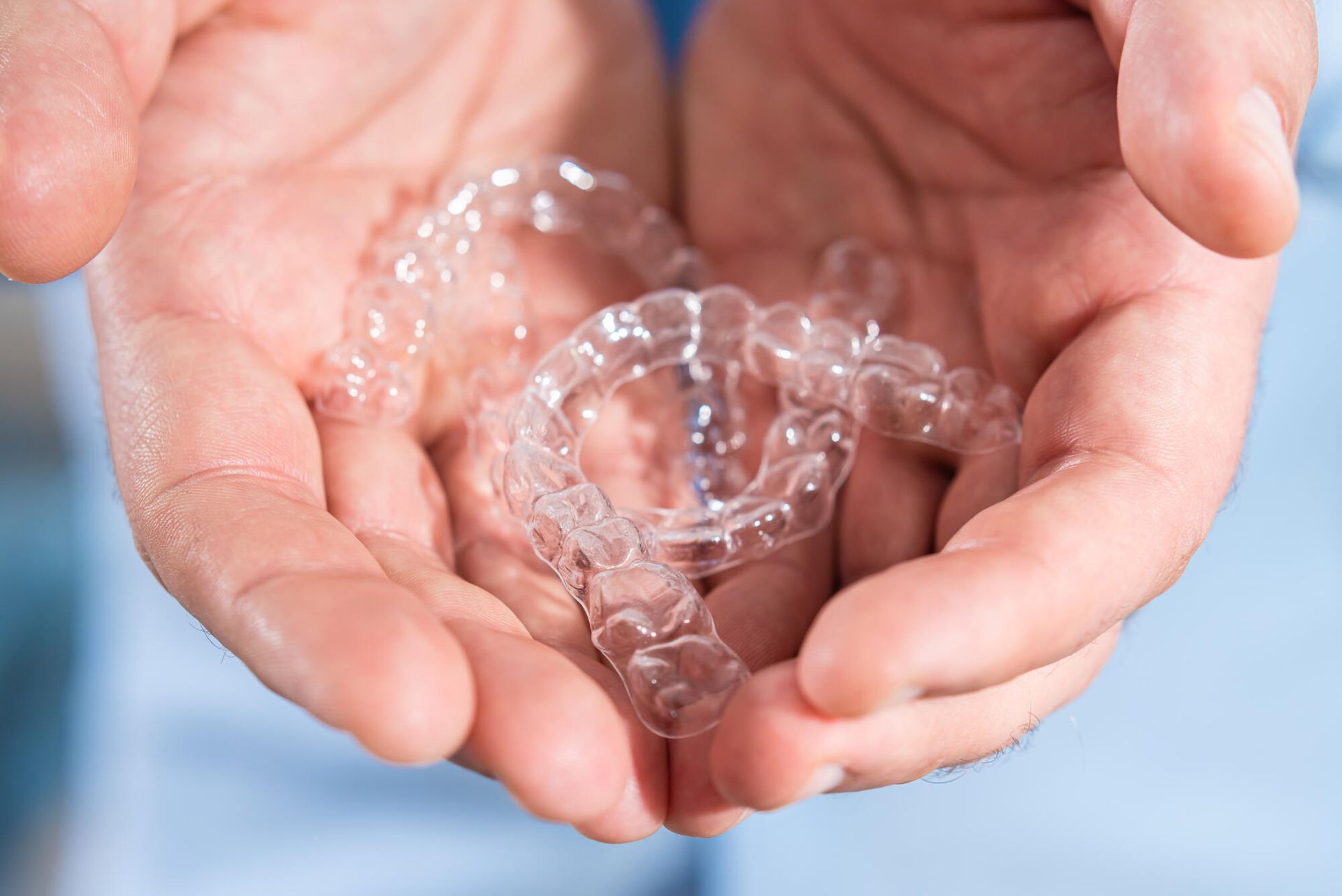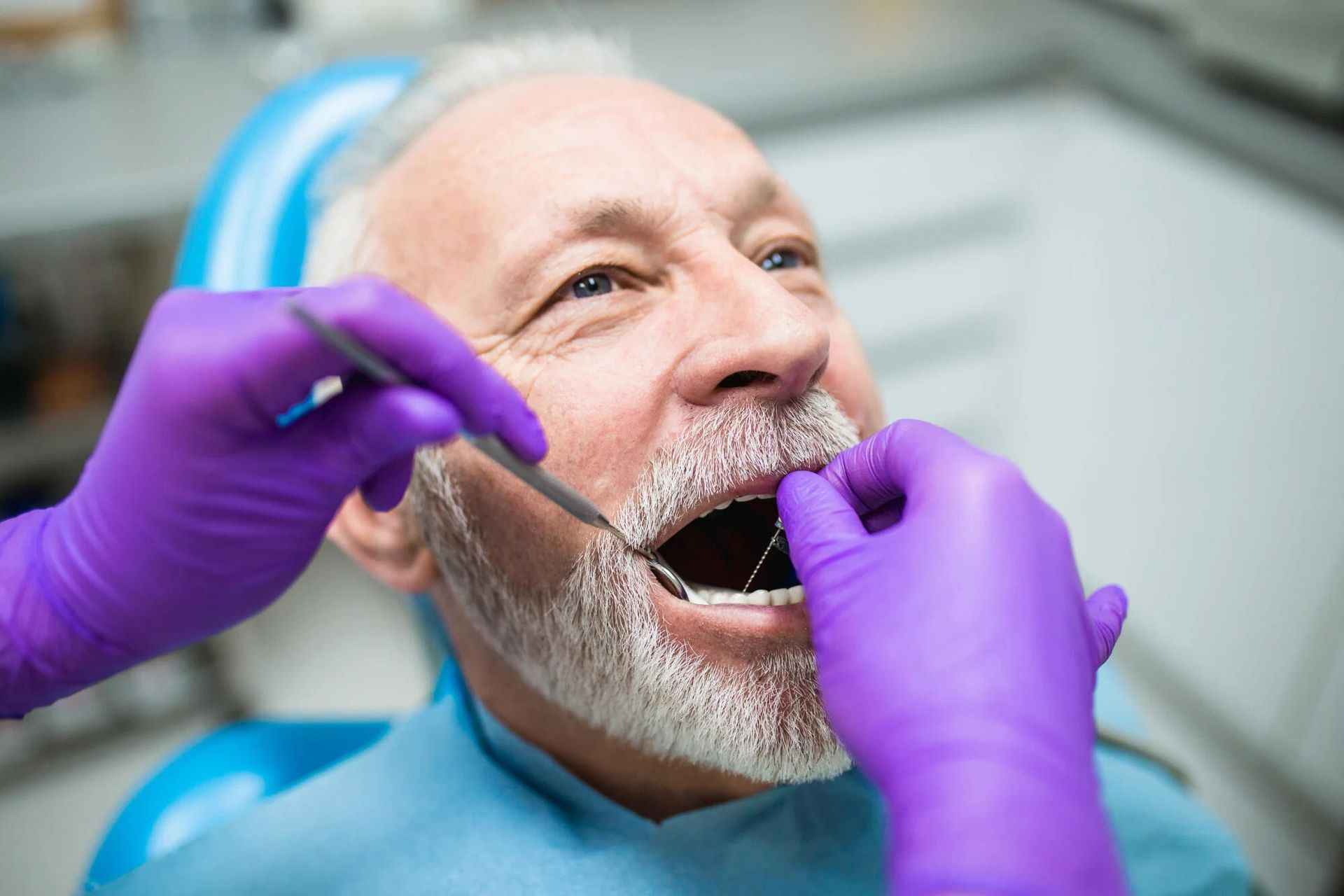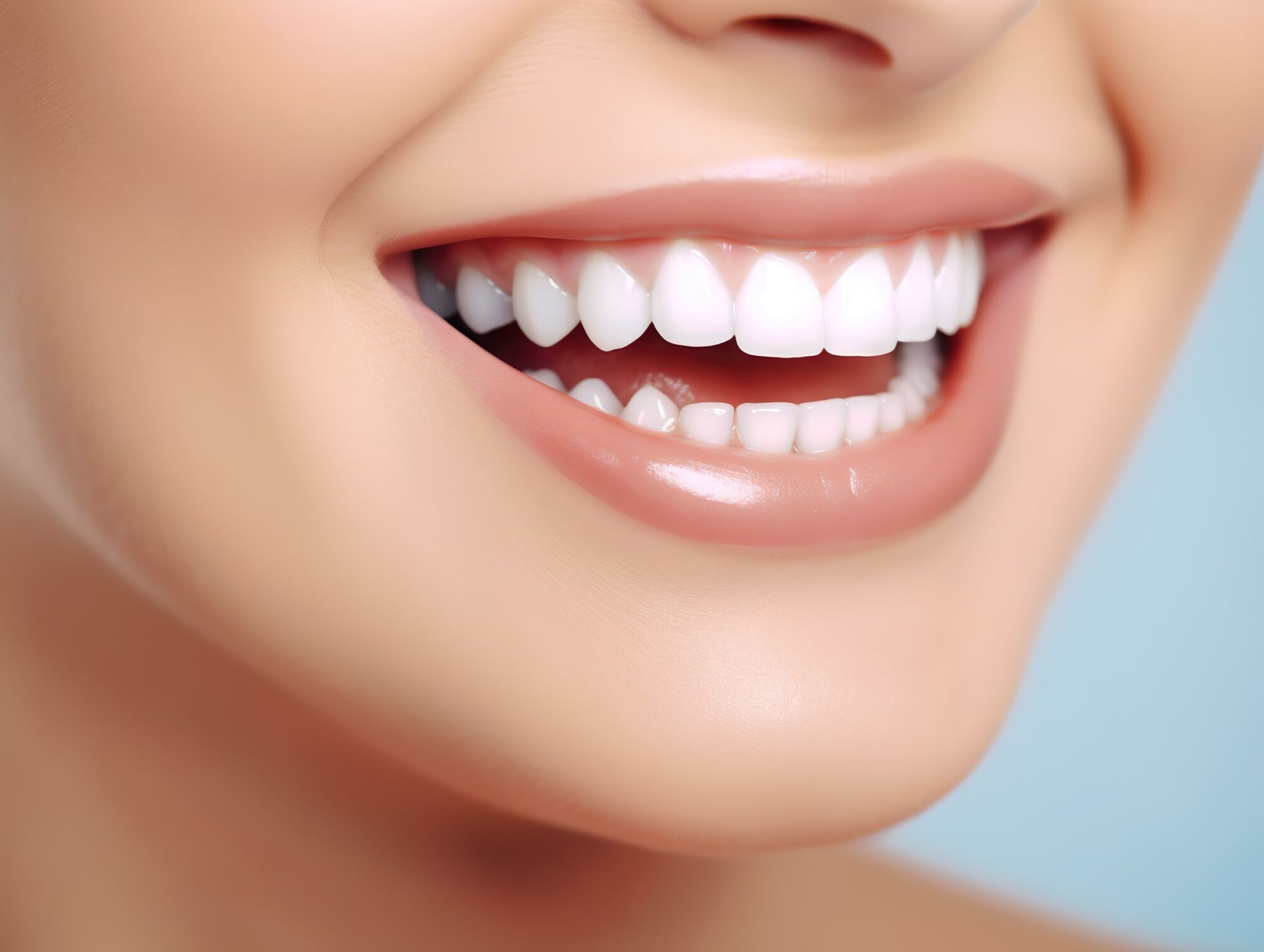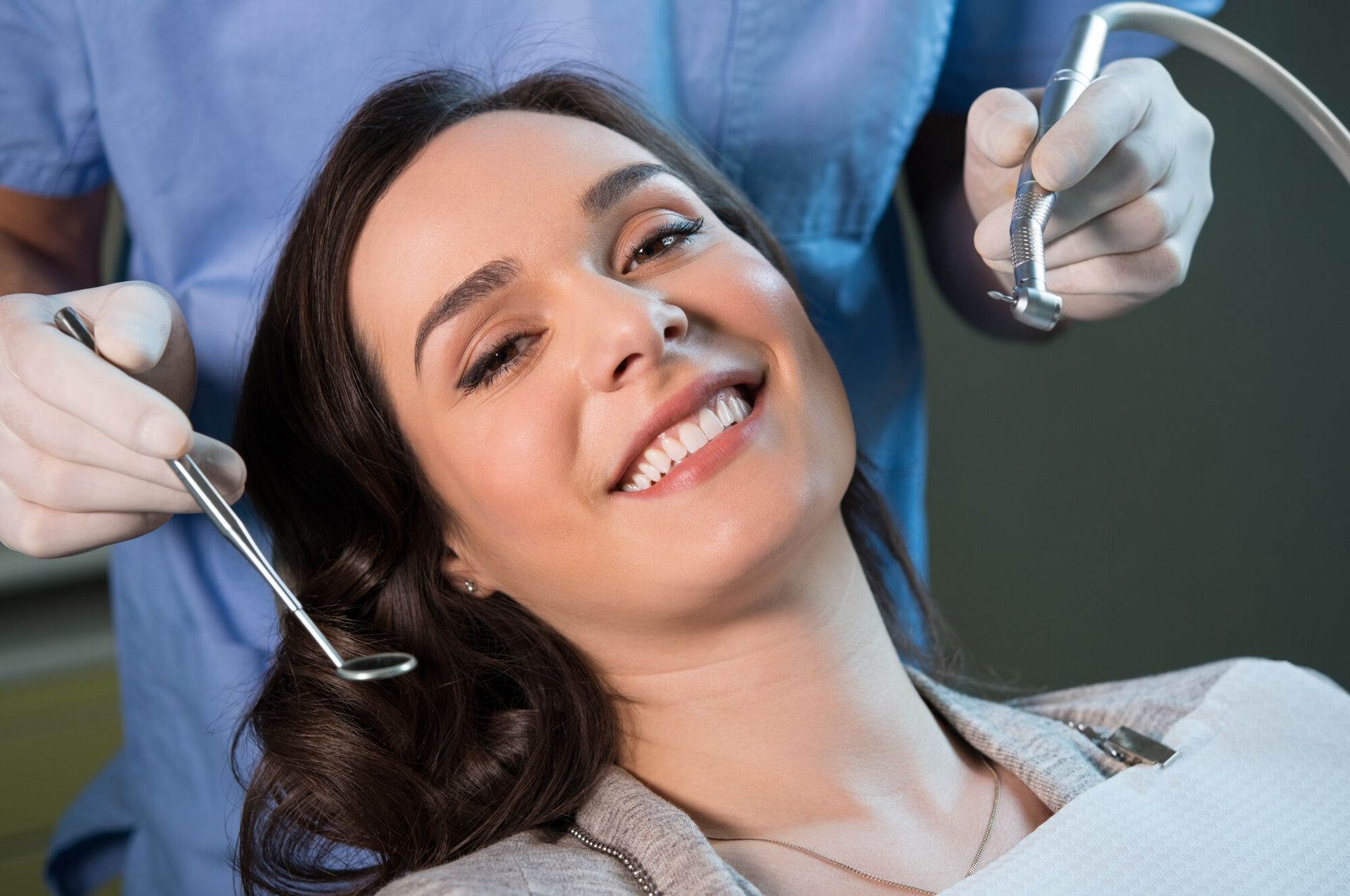Now Accepting the Canadian Dental Care Plan (CDCP) Insurance! Please call our office to reserve your appointment.
Now Accepting the Canadian Dental Care Plan (CDCP) Insurance! Please call our office to reserve your appointment.
We will now be offering Botox and Lip Fillers Starting March 2025
Learn About Wisdom Teeth Extractions And If You May Need One
Wisdom teeth, or third molars, are the last of our adult teeth to develop. They usually start to come through the gums between the ages of 17 and 21. Our ancestors needed these molars since their coarse diets required vigorous chewing. We have evolved to have smaller jaws which often don’t have enough room for these molars to come in correctly.
How do dentists decide if they need to be extracted?
Not everyone that has wisdom teeth needs to have them removed. The dentist will assess that on an individual basis. An x-ray is necessary to determine the placement and position of the wisdom teeth. If there isn’t enough room, if they are tipped or have the potential for other issues, the recommendation would be to have them removed.
What issues can wisdom teeth cause?
- Inflamed gums– Signs of inflammation include swelling, redness, bleeding and pain. This is especially an issue if the wisdom teeth are only partially erupted through the gums, making the area very difficult to keep clean.
- Risk of cavities– Since wisdom teeth come in at the very back of the mouth, many people have trouble cleaning them properly. The accumulation of bacteria and food can lead to cavities forming. If a cavity does develop, it can be difficult for the dentist to access the wisdom tooth to place a filling.
- Bad breath– In addition to inflamed gums and cavities, the bacteria and food that gets trapped around wisdom teeth can cause bad breath.
- Harm to the second molars– It is common for wisdom teeth to be tipped and pressing into the molars ahead of them. If this situation is left, these molars can get damaged or decayed. In some cases, this leads to losing both the wisdom teeth and the molars ahead.
- Formation of a dental cyst or tumour– This is a relatively rare occurrence, but it is possible for cysts or tumours to form around impacted wisdom teeth.
When is the best time to have wisdom teeth extracted?
It is generally advised to have an assessment between the ages of 16 and 19 to see if your wisdom teeth will need to be removed. Having them extracted during this time is preferable since the teeth will have less developed roots, and younger patients tend to have optimal healing and recovery.
What to expect:
Sedation– Wisdom teeth can be extracted under various levels of sedation, depending on your needs. While some people may be comfortable with just local anesthetic (numbing of the area), others may want a deeper level of sedation. If you are sedated, you will need to have someone to take you to and from your appointment as you will not be able to drive. You can discuss your sedation options with your dental professional before your surgery.
Surgery– Depending on your level of sedation, you may not remember much about this part. If your wisdom teeth are impacted, the dentist will need to open the gum tissue to expose them. Some of the jaw bone may need to be removed to gain access to the teeth. Sometimes the wisdom teeth can be taken out in one piece and sometimes they need to be sectioned into smaller pieces to remove. After they are removed, stitches might be required to close the area.
Recovery– Most people recover quickly after having their wisdom teeth removed. It is essential to rest and avoid strenuous physical activity for a couple of days after your surgery. Your dental professional may prescribe pain medication to make recovery as comfortable as possible. It is essential to follow all the after-care instructions given to you.
If you or a family member are having any issues with your wisdom teeth, call us today!

CALL US NOW! (647) 615-4788
502 Holland St W Unit 3, Bradford, ON L3Z 0A2, Canada
HOURS OF OPERATION
- Monday
- -
- Tuesday
- -
- Wednesday
- -
- Thursday
- -
- Friday
- Closed
- Saturday
- -
- Sunday
- -
*(2 per month) for Saturday and Sunday
Stay Connected
© 2022 All Rights Reserved |
Dentistry on 88
Footer Contact Us
We will get back to you as soon as possible.
Please try again later.

CALL US NOW! (647) 615-4788
502 Holland St W Unit 3, Bradford, ON L3Z 0A2, Canada
HOURS OF OPERATION
- Mon, Fri
- Closed
- Tue, Thu
- -
- Wednesday
- -
- Sat - Sun
- -
*(2 per month) for Saturday and Sunday










